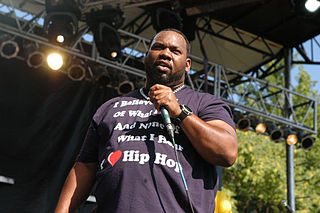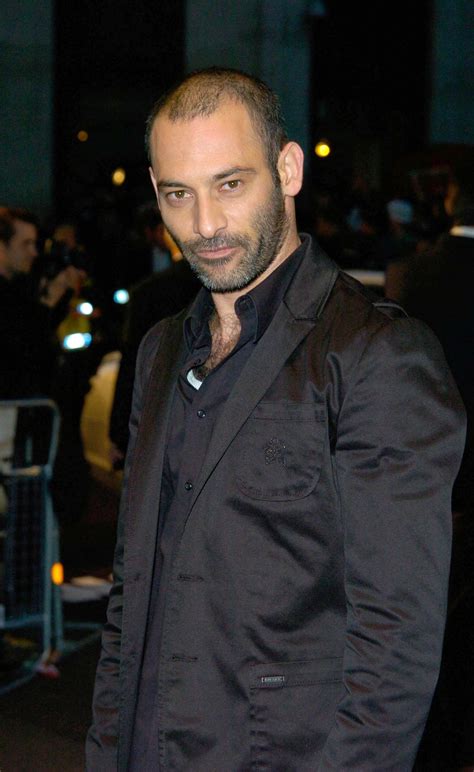A Quote by Jeffrey Rosen
For [Louis] Brandeis, you know, ethnicity and background are much less important than facts and reason. And he believes that far from wanting to efface our diversity of perspectives, we have to embrace it because that makes us more American, not less. In that sense, he's incredibly modern in an age of cultural pluralism. And it is disappointing for just the reasons you say that not everyone has embraced his pluralistic vision.
Related Quotes
And he [Louis Brandeis] talks to his young acolyte, Horace Kallen, who wrote this beautiful book called Cultural Pluralism, and he comes to believe that by being better Jews, or better members of our ethnic group, we can be better Americans, because America is like an orchestra in which identity is defined by the diversity of perspectives that we bring to the table.
They said, OK, nine [Louis] Brandeis's is too much, but one is OK. So, with friends like that, and so forth. But, yes, the idea that because he was Jewish he would rule a particular way was an ugly undercurrent of the hearings, which resonates with current claims that a judge can't be impartial because of his or her background or ethnicity or race. It's, I guess, a small comfort that in the end the Brandeis vote wasn't close.
The tyranny of Harvard and Yale is another thing that transcends this problem of the set point. But what's so striking about [Louis] Brandeis is he had this vision of cultural pluralism that completely gave the lie to the idea that there was any inconsistency between being Jewish or being a woman or being African American and being fully American.
Learning to explain phenomena such that one continues to be fascinated by the failure of one's explanations creates a continuing cycle of thinking, that is the crux of intelligence. It isn't that one person knows more than another, then. In as sense, it is important to know less than the next person, or at least to be certain of less, thus enabling more curiosity and less explaining away because one has again encountered a well-known phenomenon. The less you know the more you can find out about, and finding out for oneself is what intelligence is all about.
Louis Brandeis actually changes his mind about women's suffrage because he works with these brilliant women in the women's suffrage movement like Josephine Goldmark, his sister-in-law, where he writes a Brandeis brief which convinced the court to uphold maximum hour laws for women by collecting all these facts and empirical evidence.
When you a young kid at that age at that time, and you know that you got talent as far as hip hop, you wanna be on the radio, that's the first thing. So we was more or less infatuated with just havin' a song on the radio, you know? Before our careers even launched it was more or less about lettin' everybody know, 'Staten Island? You got good emcees there.'
Yes,” said Mamma, “this is the worst of life, that love does not give us common sense but is a sure way of losing it. We love people, and we say that we are going to do more for them than friendship, but it makes such fools of us that we do far less, indeed sometimes what we do could be mistaken for the work of hatred.
Talk to me 20 years ago and I had a complete sense of illegitimacy as an American Muslim. I felt like I wasn't authentic. But I don't understand and I don't believe or subscribe to this idea that I don't have a right to speak as a Muslim because I'm an American. Being Muslim is to accept and honor the diversity that we have in this world, culturally and physically, because that's what Islam teaches, that we are people of many tribes. I think the American Muslim experience is of a different tribe than the Saudi Muslim world, but that doesn't make us less than anyone else.
Commentators frequently blame MMORPGs for an increasing sense of isolation modern life. But virtual worlds are less a cause of that isolation than a response to it. Virtual worlds give back what has been scooped out of modern life. The virtual world is in important ways more authentically human than the real world. It gives us back community, a feeling of competence, and a sense of being an important person whom people depend on.






























